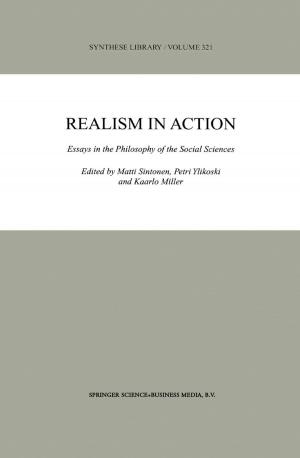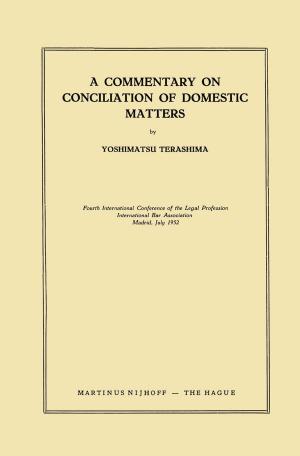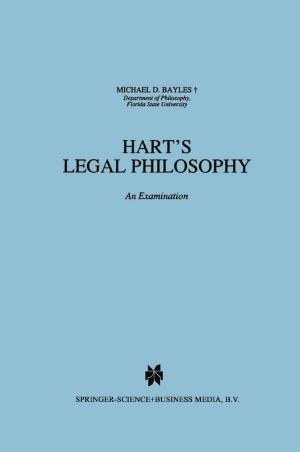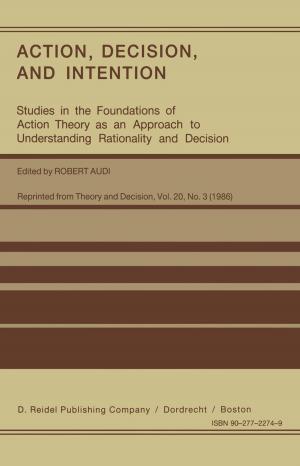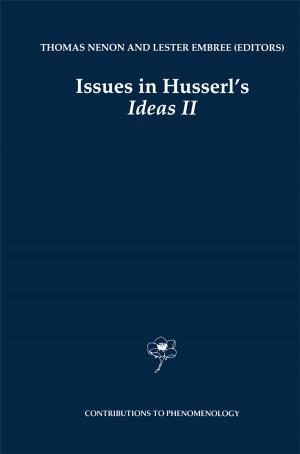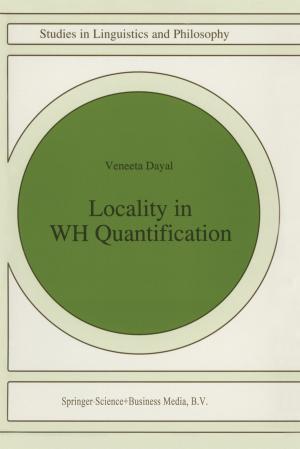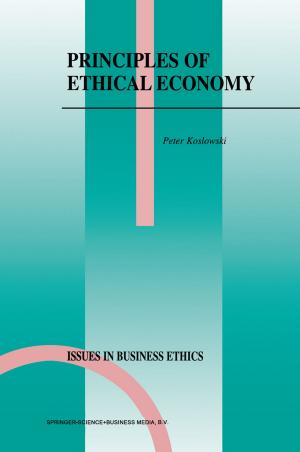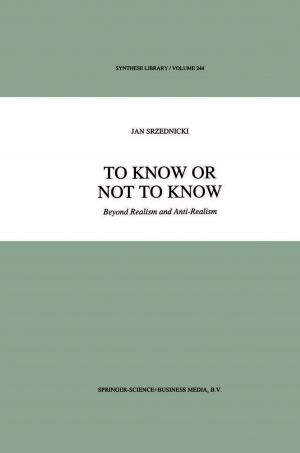Reconstructionist Confucianism
Rethinking Morality after the West
Nonfiction, Religion & Spirituality, Philosophy, Eastern, Ethics & Moral Philosophy| Author: | Ruiping Fan | ISBN: | 9789048131563 |
| Publisher: | Springer Netherlands | Publication: | March 11, 2010 |
| Imprint: | Springer | Language: | English |
| Author: | Ruiping Fan |
| ISBN: | 9789048131563 |
| Publisher: | Springer Netherlands |
| Publication: | March 11, 2010 |
| Imprint: | Springer |
| Language: | English |
Contrasting with conventional Neo-Confucian attempts to recast the Confucian heritage in light of modern Western values, this book offers a Reconstructionist Confucian project to reclaim Confucian resources to meet contemporary moral and public policy challenges. Ruiping Fan argues that popular accounts of human goods and social justice within the dominant individualist culture of the West are too insubstantial to direct a life of virtue and a proper structure of society. Instead, he demonstrates that the moral insights of Confucian thought are precisely those needed to fill the moral vacuum developing in post-communist China and to address similar problems in the West. The book has a depth of reflection on the Confucian tradition through a comparative philosophical strategy and a breadth of contemporary issues addressed unrivaled by any other work on these topics. It is the first in English to explore not only the endeavor to revive Confucianism in contemporary China, but also brings such an endeavor to bear upon the important ethical, social, and political difficulties being faced in 21st century China. The book should be of interest to any philosopher working in application of traditional Chinese philosophy to contemporary issues as well as any reader interested in comparative cultural and ethical studies.
Contrasting with conventional Neo-Confucian attempts to recast the Confucian heritage in light of modern Western values, this book offers a Reconstructionist Confucian project to reclaim Confucian resources to meet contemporary moral and public policy challenges. Ruiping Fan argues that popular accounts of human goods and social justice within the dominant individualist culture of the West are too insubstantial to direct a life of virtue and a proper structure of society. Instead, he demonstrates that the moral insights of Confucian thought are precisely those needed to fill the moral vacuum developing in post-communist China and to address similar problems in the West. The book has a depth of reflection on the Confucian tradition through a comparative philosophical strategy and a breadth of contemporary issues addressed unrivaled by any other work on these topics. It is the first in English to explore not only the endeavor to revive Confucianism in contemporary China, but also brings such an endeavor to bear upon the important ethical, social, and political difficulties being faced in 21st century China. The book should be of interest to any philosopher working in application of traditional Chinese philosophy to contemporary issues as well as any reader interested in comparative cultural and ethical studies.

